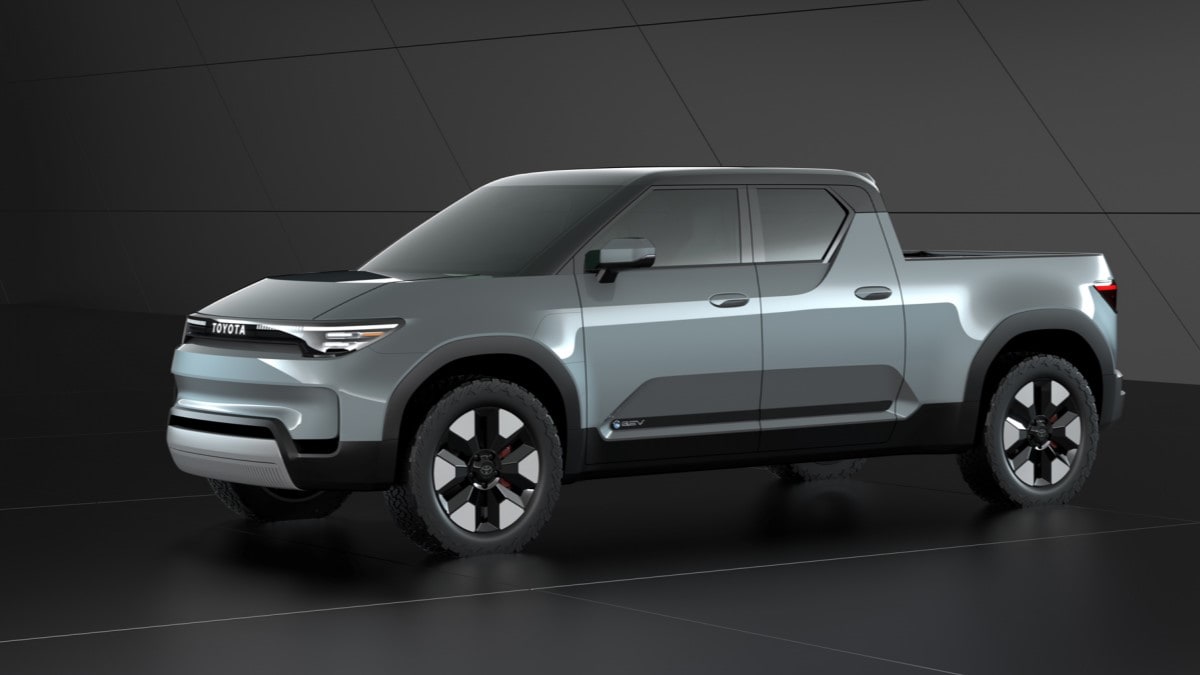Toyota may be well ahead of its projected schedule for introducing advanced electric car batteries with longer ranges and faster charging times, Reuters reports.
Vikram Gulati is the head of Toyota Kirloskar Motor – the subsidiary that manufactures and sells Toyota cars in India. Speaking at an electric vehicle (EV) summit in Gandhinagar, Gulati said, “We will be rolling out our electric vehicles with solid-state batteries in a couple of years from now.”
Related: What Is A Solid-State Battery for an Electric Car?
He promised “a vehicle which will be charging in 10 minutes, giving a range of 1,200 kilometers,” or 750 miles.
What Are Solid-State Batteries?
Most of today’s EVs use lithium-ion batteries filled with a liquid or gel electrolyte. Many battery researchers believe building batteries with a solid electrolyte should be possible.
They could charge faster, store more energy in the same space, and be less prone to fire if punctured. That would enable automakers to build EVs with much longer ranges or lighter EVs with much smaller batteries.
Some formulas might also use fewer rare earth minerals, perhaps reducing the environmental impact of building EVs.
But solid-state batteries have proven challenging to manufacture in the numbers automakers would need. They require almost perfectly dry conditions to build – something possible in a laboratory but hard to replicate at significant scale.
Still, many automakers are pursuing the technology as a sort of EV moonshot. Beyond Toyota’s project, Nissan has said it hopes to have solid-state batteries on the road in 2028. BMW began testing the technology last year and hopes to have a working prototype in 2025.
Other automakers may have quiet solid-state battery research projects they aren’t publicly discussing. Few will likely risk being left behind when a rival masters the technology.
A Successful Moonshot Would Change Many Things
Should the technology succeed, it could drastically reduce the infrastructure needed to support a nationwide fleet of electric cars. Longer charges mean reduced need for charging stations.
But, like all new technologies, solid-state batteries will likely be expensive before economies of scale bring down costs. EVs are becoming less expensive by the month now as manufacturers reach large-scale production of many models. A drastic technology change could temporarily reverse that progress.








